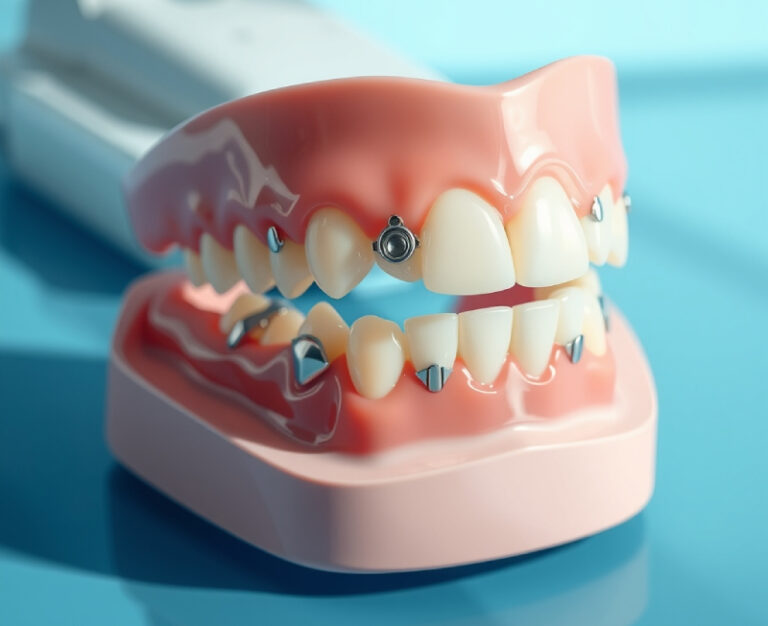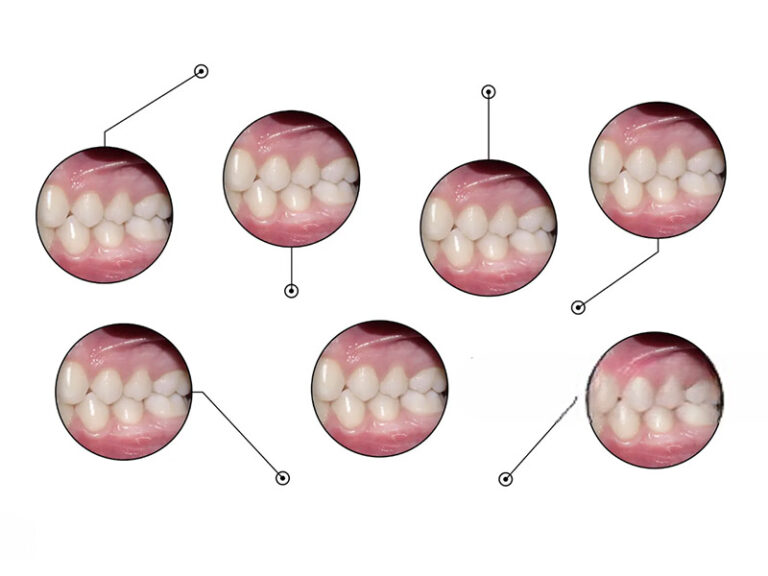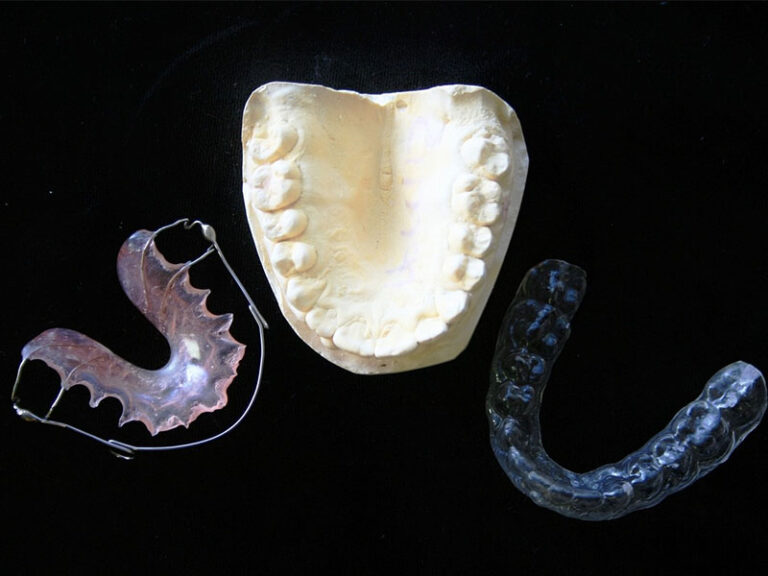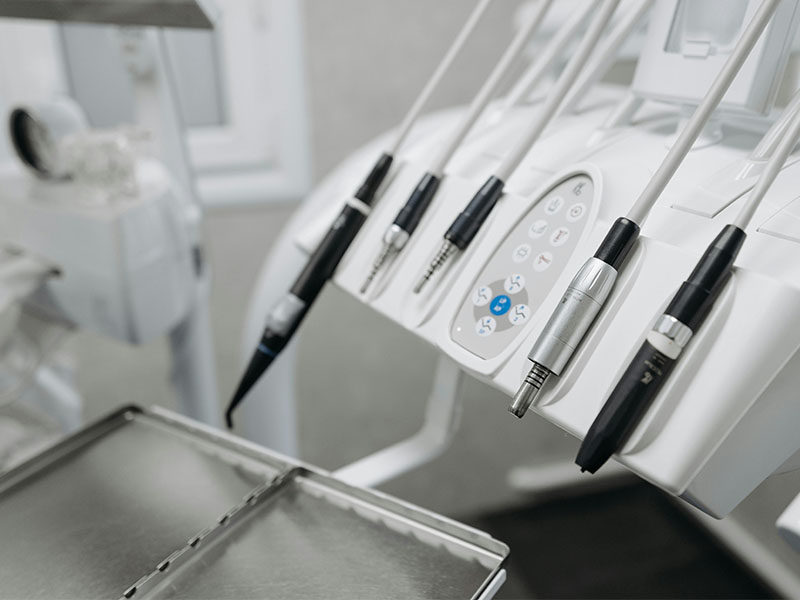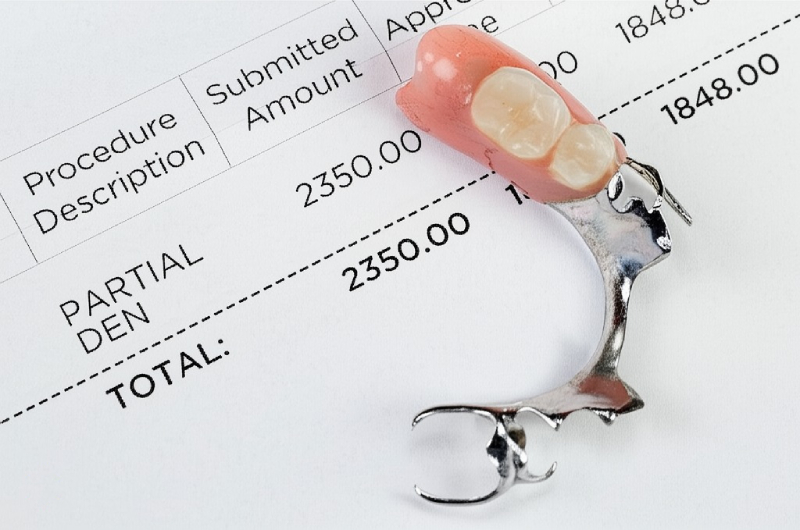
Implant Supported vs. Traditional Dentures: My Guide to Finding What Works for You
If you’re like me, you probably didn’t think you’d ever have to compare types of dentures. But here I am, sharing what I learned after looking into both regular dentures and the ones supported by implants. When I started, I had no clue how many choices there were—or how much difference the right choice would actually make in my daily life.
My goal? I just wanted to eat, smile, and talk without worrying. Pretty basic, right? Turns out, picking the “right” denture isn’t just about filling in empty spaces in your mouth. It’s about comfort, cost, your health, and even keeping the shape of your face as you get older. There’s no perfect answer for everyone, but there are some big differences between normal dentures and ones that use implants. In this guide, I’ll tell you what I went through and what I found so you can make a choice that feels right for you.
Table of Contents
What Are Traditional Dentures?
What They Are and How They Work
When I first thought about dentures, the regular kind seemed like the obvious choice. These are the ones you take out, usually made from a pink plastic base and fake teeth. They sit right on your gums and stay put thanks to suction, the shape of your mouth, or sometimes a sticky glue. No metal bits or fancy parts—just take them out and put them back in as you need.
Main Advantages
So, what’s good about them? When money was tight and I wanted something quick, regular dentures were hard to beat:
- Cheaper at First: Implants can cost a fortune, but these are way more affordable from the get-go.
- No Surgery Needed: If you don’t like the idea of operations, drills or stitches, these are for you.
- Fast to Get: You can go from no teeth to a smile in a few weeks.
Main Disadvantages
But I started seeing the problems pretty soon. Here’s what I noticed—and what I read about:
- Not Very Steady: Even when you use sticky stuff, they can slide around, especially if you bite down on tough food.
- Can’t Chew Well: Forget about biting into apples or steaks. I learned that the hard way.
- Jawbone Loss: This one surprised me. Without roots in your jaw, the bone starts to shrink. In time, that makes your face look sunken or older.
- Sore Spots: My gums would get sore and sometimes even cut from the denture rubbing on them.
- Always Fussing with Glue and Adjustments: I had to mess with sticky strips all the time, and my dentist would have to fix my dentures every year or so since my gums kept changing.
What Are Implant-Supported Dentures?
What They Are and How They Work
After struggling for a couple of years, I looked into implant-supported dentures. A totally different story here. Small metal posts (usually titanium) are put in your jaw—they act like the roots you lost. These posts hold your denture in place.
There are two main types: the “snap-in” ones you can take out (overdentures), and the kind that are screwed in so only the dentist can remove them (like All-on-4).
Instead of just sitting on your gums, these are held up by the implants, almost like a fence attached to strong posts. Trust me, this changes a lot.
Main Advantages
Once I got these, here’s what I loved:
- Super Steady: My dentures don’t move around now—no embarassing slips at dinner.
- Eat What You Want: I can bite into apples again, eat steak—almost like having real teeth.
- Keeps Your Jaw Healthy: Chewing with implants keeps your jawbone from shrinking, so your face doesn’t get that old, caved-in look.
- Feels Comfortable: They feel like part of me, not some thing I take in or out.
- No Sticky Glue: Huge win. Don’t miss the sticky mess at all.
- Lasts Long: Implants can last forever if you look after them. The denture part might need swapping eventually, but not as quickly as regular dentures.
- Better Speech and Confidence: People could hear me clearly again, and I stopped worrying about my teeth moving when I laughed.
Main Disadvantages
But, of course, not everything is perfect. Here’s what tripped me up:
- More Expensive Upfront: Getting these was not cheap—the cost made me take a deep breath, but I’ll explain more about that in a minute.
- Surgery and Recovery: You need to get surgery to put in the implants, then wait a few months for them to stick to your jaw.
- Need Extra Bone Sometimes: If your jawbone is too thin, you might need bone added. Luckily I was okay, but some people need this.
- Takes Longer to Get: The whole process takes months, not weeks.

Head-to-Head: Implant Supported vs. Traditional Dentures
People always ask, “Are implant dentures really better?” Here’s my straight-from-experience answer, plus what I got from all the dentists and research along the way.
How Stable and Comfortable Are They?
Traditional: No anchor means they can move. Even with a tight fit and lots of glue, mine would slip if I sneezed, laughed, or ate anything tough. It’s awkward and sometimes embarrassing.
Implant Supported: It’s like night and day. My new teeth don’t budge. Before long, I stopped thinking about them entirely—they’re just “my teeth” now.
Eating and What You Can Chew
Traditional: I was stuck on soft foods. Crunchy stuff? Out. Experts say you get only about 20-30% of the chewing power you’d have with real teeth. That’s about right.
Implant Supported: I got almost all my chewing back (some studies say up to 90%). Now, only the really hard stuff is tricky. Eating is fun again.
Jawbone and Face Changes
Traditional: The longer I used these, the more my jawbone shrank. My cheeks got hollow, and my chin stuck out more. It’s called “bone loss” and it’s real.
Implant Supported: Implants give your jaw something to hold onto, so the bone stays strong. I don’t worry about my face changing shape early.
Cost (Upfront vs. Over Time)
Traditional: No question, they’re cheaper to get at first. But add up the extras—sticky glue, fixes, and replacements every few years—costs keep creeping up.
Implant Supported: The first bill? Ouch. Mine was more than four times what regular dentures cost. But there’s hardly any extra spending since. If you split it out over 10–15 years, it all starts to make sense—it might even end up cheaper.
How Long They Last and Taking Care of Them
Traditional: My first set only lasted six years. Gums shrink and I dropped them more than once. Even new ones needed fixing every year or two.
Implant Supported: My implants are still fine after seven years. The part you see (the denture) might need to be swapped every ten or fifteen years, but the posts themselves seem like they could last forever. Cleaning is just normal brushing plus some care around the gums.
Getting Them and How Long It Takes to Heal
Traditional: No scalpels. You just get your teeth molded and fitted. It took maybe a month. No real healing time.
Implant Supported: First comes the surgery to put in implants. After that, you wait about four months for them to join up with your jaw. Then the dentist attaches your new teeth. Not instant, but worth every day spent waiting.
How They Change Your Life
Traditional: I used to feel shy about smiling or eating in public. I knew my teeth could slip or sound weird when I talked.
Implant Supported: My confidence is back. I bite into apples in front of everybody. I talk and laugh just like I used to. Some people call these dentures “life-changing,” and I agree.
Here’s a quick look at how they stack up:
| Feature | Traditional Dentures | Implant-Supported Dentures |
|---|---|---|
| Cost (each row of teeth) | $1,500–$6,000 | $10,000–$30,000+ |
| How Long They Last | 5–7 years | Implants: for life, Denture: 10–15+ years |
| Chewing Power | 10–30% | 70–90% |
| Jawbone Changes | Bone shrinks | Bone stays healthy |
| People’s Happiness | So-so to Low | High |
| Gum Sores | Often | Rare |
| Success Rate | N/A | 95–98% |

Who Should Get Each Kind of Denture?
Who Should Go for Traditional Dentures
After losing teeth, I used to think regular dentures were my only real choice. If you don’t have a big budget, need something fast, or can’t have surgery for health reasons, these make sense. They also work if you already lost a lot of bone and can’t get implants without a big extra job.
Who Should Go for Implant-Supported Dentures
If you care about comfort and how well your teeth work over the long run—and your jaw is healthy, or you don’t mind a little extra work to build it up—implants are the way to go. You need to be in okay health and willing to keep your mouth clean. I found that if you stick with it, these pay off big time.
Choosing: What Really Matters
When it was time to choose, I asked tons of questions and read everything I could. Here’s what really counted (at least for me):
- Money: Don’t just look at today’s price. See what you might spend in ten years. Many dentists now offer payment plans, and insurance can help a bit with either type.
- Mouth and Jaw Health: Get your mouth checked! Sometimes you need a step before you can get implants.
- How Much You Want Your Teeth to Stay Put: If you hate the idea of wobbly teeth, implants are hard to beat.
- Looks and Confidence: What will your face look like in a few years? Jawbone loss is no joke.
- Can You Handle Surgery?: Not everyone wants (or can have) an operation. That’s okay—regular dentures still work.
- Looking to the Future: Think about more than just now. Would you rather do more work once or keep going back for fixes?
- Ask Pros for Help: Don’t try to guess. A dental expert can make a plan just for you.
Conclusion: Why Your Smile and Health Are Worth It
I’m glad I looked at all my options. If you want teeth fast or want to spend less, traditional dentures are still around for a reason, and lots of people use them. But if you can pay more at the start and want something as close to real teeth as you can get, implant dentures are pretty amazing. I got my smile and eating back, my jaw isn’t shrinking, and I just feel better. At the end of the day, you need something that fits what you can spend, keeps you healthy, and makes you happy. Best advice? Find a dentist you trust, ask a lot of questions, and go with something that helps you live your life the way you want.
Frequently Asked Questions (FAQs)
Can I switch from regular dentures to implants?
Absolutely. That’s what I did. Often, your denture now can be changed into a “snap-in” type while you heal from the implant surgery.
How do you clean implant dentures?
Removable ones pop out just like regular dentures. The “fixed” kind get brushed while they’re in your mouth. I use a soft toothbrush and a water flosser—feels natural once you’re used to it.
Does getting implants hurt?
Honestly, I was scared, but it wasn’t bad. They numb you up and are gentle—felt kind of sore for a couple of days.
How long do implants last?
Implants do great. They work 95–98% of the time for ten years or even more—if you keep your mouth clean and see your dentist regularly. I go twice a year, just to make sure.
Are implant dentures worth the extra money?
For me, every penny was worth it. I’m not worried about my teeth coming out, I feel better, and I got my life back. You really can’t put a price on that.
Final thought: If you’ve ever felt confused about dentures or just flat-out stuck, you’re not alone. My road was bumpy, but I landed in a good spot. Take this as your little push to look into your options, ask what you really want, and believe that there’s an answer out there that’s right for you.


